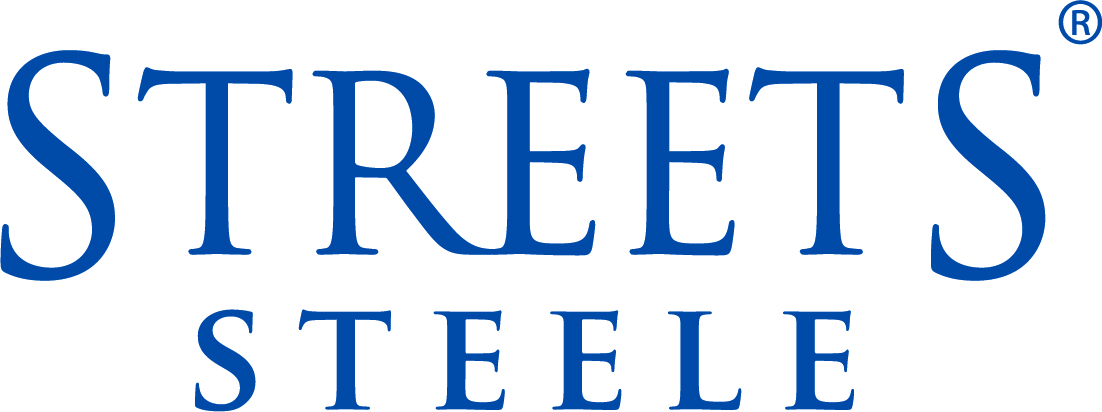Your drive may not seem anything special — however, it may have the potential to generate a tax-free income. You could rent your driveway!
Parking near to town centres and stations is always limited, and parking is always needed for events. Owning a drive, field or land that can be utilised for parking provides the opportunity to earn some money; even better, it may be tax-free!
£1,000 property allowance
Two new allowances – each set at £1,000 – were introduced from 6 April 2017, one for trading income and one for property income. The allowances are available in addition to the personal allowance.
As far as the property allowance is concerned, if income from property is £1,000 or less in the tax year, there is no tax to pay and there is no need to tell HMRC about it. All very easy!
Example 1 – Gill decides to rent her driveway
Gill lives near a park. During the summer, a number of events are held in the park, including open air concerts, sporting events, fayres and suchlike. Gill has a large drive which has parking for four cars. She provides parking during the summer for people attending events in the park, charging £10 per car.
During the 2018/19 tax year, Gill earns £420 from parking. She works full-time as a veterinary nurse and her personal allowance is fully used up against her wages. She has no other income from property or elsewhere.
As the income from letting out her drive is less than £1,000, the whole amount is tax-free and does not need to be reported to HMRC.
Note: If Gill had made a loss, it would have been beneficial not to claim the allowance, so the loss could be carried forward for offset against any future property income.
Property income of more than the allowance
Where property income exceeds £1,000 in the tax year, the taxpayer has two choices:
- deduct the £1,000 allowance from the income and pay tax on the excess; or
- work out the profit or loss in the normal way.
The most beneficial option will depend on the level of the expenses.
If receipts exceed expenses, but expenses are less than £1,000, the best result is to claim the property allowance and pay tax to the extent that income exceeds £1,000. If expenses are more than £1,000, the best result will be obtained by working out the profit in the usual way, deducting allowable expenses from receipts.
Example 2
Richard owns a field near a stately home which he makes available to provide overflow parking for events at the stately home. In 2018/19, he earns £4,800 from parking receipts, and incurs expenses of £860.
If he calculates his profit in the usual way, his taxable profit is £3,940 (£4,800 – £860). However, if he claims the property allowance, his taxable profit falls to £3,800 (£4,800 – £1,000). Claiming the allowance is therefore beneficial.
For more information, or any questions on this, please contact us.



